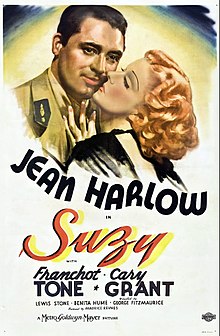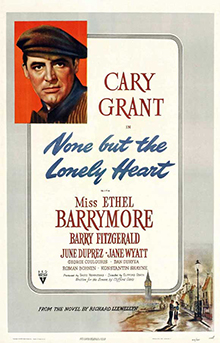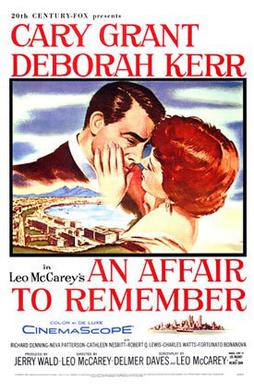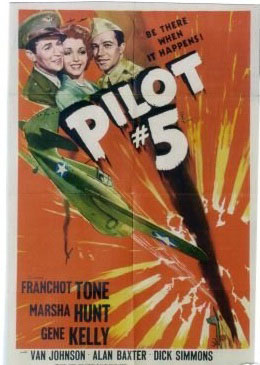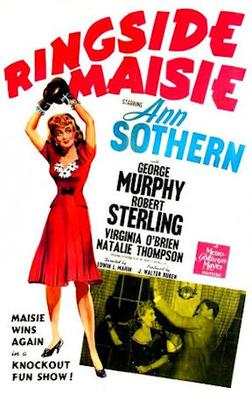Plot
In 1914, American showgirl Suzanne Trent (Jean Harlow) is in London, hoping to meet and marry a man with money. She tells her friend Maisie (Inez Courtney) she can charm any man she chooses into marrying her, and then learn to love him.
She sets her sights on Terry Moore (Franchot Tone), an Irishman she sees in a borrowed Rolls-Royce. She soon learns he is not wealthy, but he has a respectable job and good prospects, being an engineer, inventor, and pilot. They quickly fall in love and marry. But then they stumble on a German plot, and her husband is shot by a mysterious woman (Benita Hume), who leaves immediately. The landlady arrives moments later and hysterically calls for police, accusing Suzy of murder. Suzy also flees the scene, and therefore does not learn that Terry is expected to survive.
Maisie has moved to Paris, and Suzy now follows her, taking a job at the same cabaret just before World War I begins.
Thinking she is a widow, Suzy is heartbroken, until she meets the famed French flying ace Andre Charville (Cary Grant) at the cabaret. They quickly fall in love and get married. Andre's aristocratic father, Baron Edward Charville (Lewis Stone), welcomes Suzy into the family home, but is concerned about the whirlwind romance and marriage because Andre has had many short-lived relationships with women. After Andre is recalled to the front, Suzy bonds with the old man, even inventing letters from Andre that she pretends to read to him.
The Baron's concern was justified: when Andre returns briefly to Paris, he is more interested in socializing with his fellow pilots—and their girlfriends—than taking the opportunity to see the wife he has not even told them about. The Baron covers for him, but makes sure Andre and Suzy do meet for a few minutes as he returns to the front.
Andre is wounded in action, and Suzy goes to comfort him. There she is shocked to meet Terry, who is delivering to Andre's squadron new British fighters he helped design. She explains to Terry what happened, but tells him she now loves Andre. Terry is incensed at her for not telling Andre she was already married to him, and for having run away. He assumes she never loved him.
Suzy goes to Andre to tell him the truth—and has another shock, finding him in a compromising position with the woman who shot Terry. Unable to think clearly, she returns home to Paris, where she finds a magazine photo of Andre with the woman. Her name is Diane Eyrelle, and she has been "caring for" Andre during his recovery. Obviously, she is actually spying on him. Suzy returns to the air base and tells Terry what she has learned. He is dubious but agrees to take action. Suzy points out that as Andre is a public figure, for the sake of morale they should try to avoid damaging his reputation. They confront Andre first, but Diane overhears them, and as the four argue, her henchman comes in and shoots Andre.
Andre was about to return to active service and is scheduled to take off immediately on a dangerous mission. Terry says he can fetch a doctor or take over the flight, but has no time to do both. Andre says to fly the mission.
Terry takes his revenge, killing Diane and her henchman by strafing their car, then shooting down the German fighters meant to ambush Andre. He deliberately passes the airfield and crashes into a tree in front of the chateau, where Andre now lies dead. Suzy and Terry move his body so it will seem he died in the crash.
At the funeral that follows, a German flyer drops a bouquet in homage.
Terry is asked to escort the ace's widow back to Paris.
